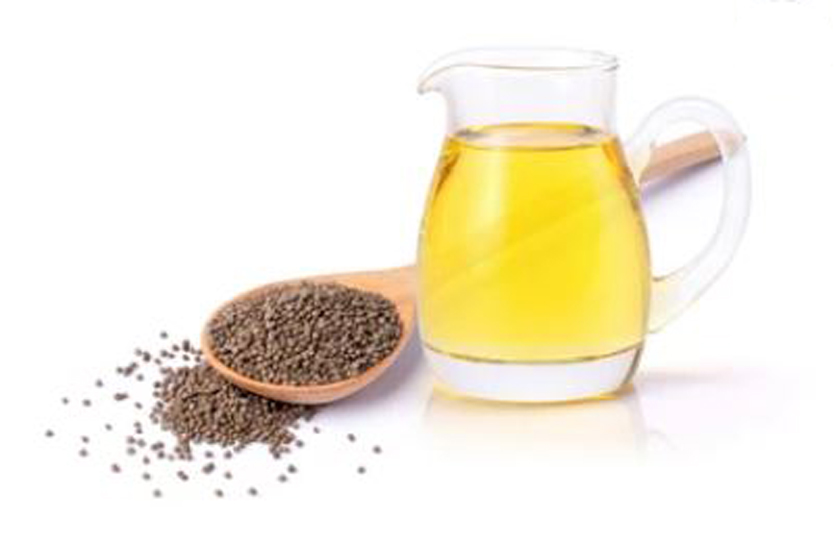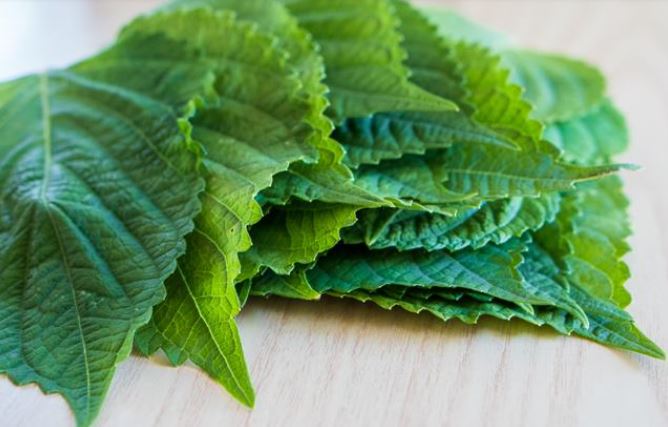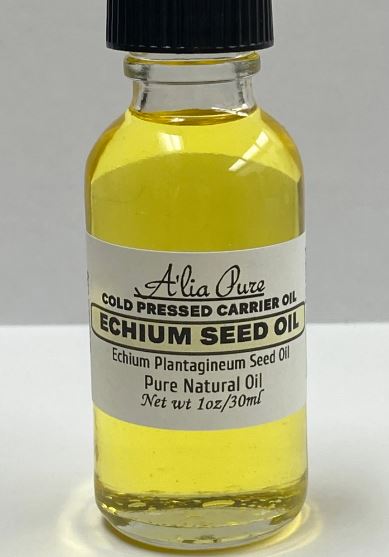Egoma for Longevity: The Nutritional Benefits of Eating Egoma
The nutrition and effects of egoma.
Feature 1: The leaves are rich in vitamins with high antioxidant activity:
Egoma leaves are rich in beta-carotene and vitamin C, which have high antioxidant activity. Antioxidants are known to prevent cells from aging, making them effective in preventing lifestyle diseases such as arteriosclerosis and cancer. Beta-carotene is converted to vitamin A in the body, and also works to promote eye health and strengthen mucous membranes. Vitamin C prevents skin blemishes and wrinkles and also has a healing effect on wounds and inflammation. Additionally, the leaves can strengthen mucous membranes to promote overall health and may be effective in preventing colds.

Feature 2: Unsaturated fatty acids in egoma oil help to maintain healthy blood vessels:
Egoma oil, which is extracted from the seeds, is rich in alpha-linolenic acid, an unsaturated fatty acid that has received a lot of attention for its ability to prevent lifestyle diseases. Alpha-linolenic acid has many benefits, including reducing blood triglyceride levels, preventing blood clots, preventing high blood pressure, and promoting metabolism. Since the body cannot produce alpha-linolenic acid on its own, it is necessary to obtain it from the diet. Moreover, it is an essential fatty acid that is indispensable for normal body tissue function. As it is a nutrient that modern people tend to lack, it is recommended to actively incorporate it into your diet as much as possible.

Since egoma oil is easily oxidized, it’s best to consume it raw without heating it.
Although egoma has only recently gained popularity as a food in Japan, the health trend in the country has prompted a renewed interest in the plant. Egoma is widely used in neighboring South Korea, where the traditional food culture includes eating egoma leaves and making kimchi with egoma. In Japan, egoma seeds are ground and used in a sauce for a traditional snack called gohei mochi, which is a grilled rice cake served with a sweet walnut miso paste.

Echium oil is not suitable for cooking because it is heat-sensitive and easily oxidizes. It is recommended for dishes where the oil is used raw, such as salads, marinades, and carpaccio. It is easy to increase your intake by simply drizzling it on top. When storing, keep it in a cool, dark place or in the refrigerator.

Although not a well-known vegetable or oil, it is a food that is currently being actively encouraged to consume due to its high health benefits. Let’s aim for “ten years longer” by eating “echium” or “echium oil”.










